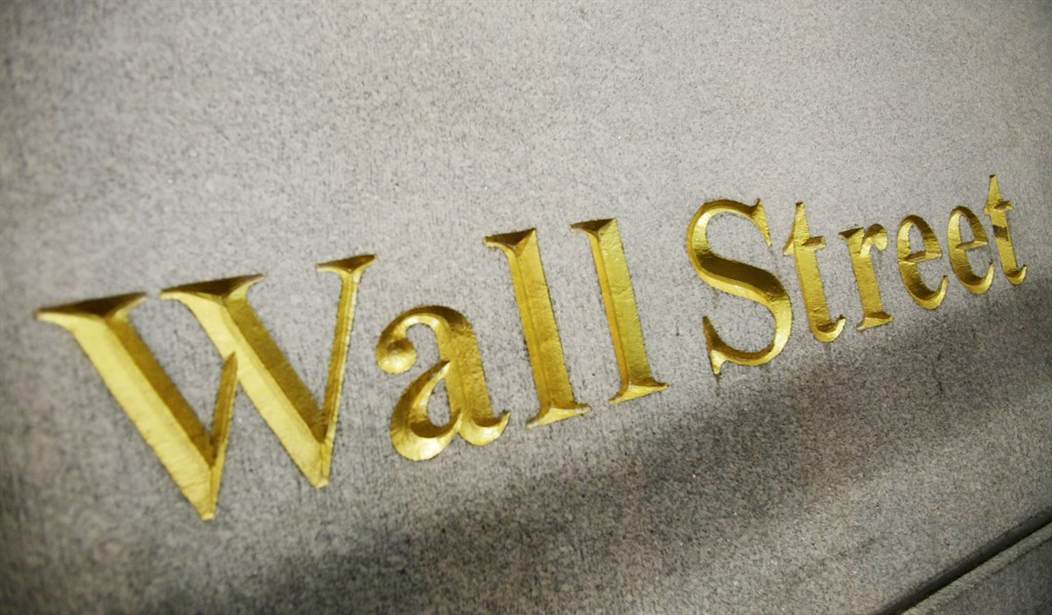The good news is that the economy is growing at 2 percent and that there's no recession in sight (barring a complete collapse of profits). The bad news is that the economy is growing at 2 percent. It's been doing so for nearly 15 years under Democratic and Republican administrations.
Coming off a deep recession, real GDP growth is averaging no better than 2 percent. After 25 quarters of so-called recovery under Obama, it has increased a total of only 14.3 percent.
Compare this to earlier periods. After the JFK tax cuts of the early 1960s, the economy grew in total by roughly 40 percent. After the Reagan tax cuts of the 1980s, the economy grew by a total of 34 percent.
And here's the killer: Real middle-class wages are still flat-lining. These folks get nothing out of 2 percent growth.
As I feared, subpar economic growth never really came up in the Republican debate in Houston, Texas. Rather than growth, we got more catfights. It's time to get serious.
In a recent essay, John H. Cochrane, a senior fellow at the Hoover Institution, wrote, "Sclerotic growth is the overriding economic issue of our time." He has numbers to back this up.
From 1950 to 2000, the U.S. economy grew at an average rate of 3.5 percent. That generated a massive gain in real GDP per person from $16,000 to over $50,000. A huge win for the middle class.
But as Cochrane noted, if the whole post-World War II period had grown at 2 percent, income per person would have increased from $16,000 to only $23,000 -- about half of what actually happened at 3.5 percent growth.
Recommended
There is a big difference between 2 and 3.5 percent growth. It's not abstract or theoretical. Essentially, the middle class has not gotten a raise in 15 years. In fact, a new report from Sentier Research finds that median household income of $56,700 (adjusted for inflation) at the end of 2015 is almost exactly where it was at the end of 2000.
Not surprisingly, the middle class is cranky and angry. And they are voting for change. Significant change. As in throw-the-bums-out change. That includes presidents, members of Congress, big-company crony capitalists, and corporate welfarists.
The middle class is saying the system is rigged against them, and they want to change who's running the system.
Much of this gets to the root of the inequality debate. Democrats such as Hillary Clinton and Bernie Sanders want to raise taxes on the rich, saying it will solve inequality. It won't. All that will do is significantly reduce incentives to work, save and invest.
But I say inequality is not the problem. The problem is a lack of growth. Middle-class people who haven't seen a raise in all these years don't want to punish success, and they're not jealous of those who have done well. They just want their piece of the pie.
And while the pie itself has stopped growing, the individual slices have gotten smaller.
Can you blame them for being angry and desiring radical political change? Nope.
Coming out of the caucuses and primaries so far, the economy has been the No. 1 issue. There's a message there. And the GOP has to address the issue of growth versus inequality. So far they haven't done it.
With the GDP report for the fourth quarter, which ended in December, we know that the inflation-adjusted economy has grown at 1.9 percent over the last year. Business fixed investment -- the category that produces good-paying jobs -- is growing at 1.6 percent. Low gasoline prices have helped consumer spending rise by 2.6 percent, but even that's not a wildly optimistic number. The inflation rate, meanwhile, is a measly 1.1 percent.
All this tells me nothing has really changed. But we can change this fast.
Research has shown that middle-income wage earners would benefit most from a large reduction in corporate tax rates. The corporate tax is not a rich man's tax. Corporations don't even pay it. They just pass the tax on in terms of lower wages and benefits, higher consumer prices, and less stockholder value.
So, as I've written a million times: Slash the corporate tax rate to 15 percent for large C-corps and small S-corps; go to immediate tax deductions for new investment; and make it easy for firms to repatriate their overseas earnings.
This would be the single-most stimulating program for reigniting economic growth. Principally, it's a middle-class tax cut. If you combine that with regulatory rollbacks and a stable dollar, within less than a year the U.S. economy can break out of its doldrums.
To all the GOP candidates: Please send this message. To my Democratic friends: Why not revive the legacy of the JFK tax cuts? It would be a whole lot better than punishing success.
























Join the conversation as a VIP Member